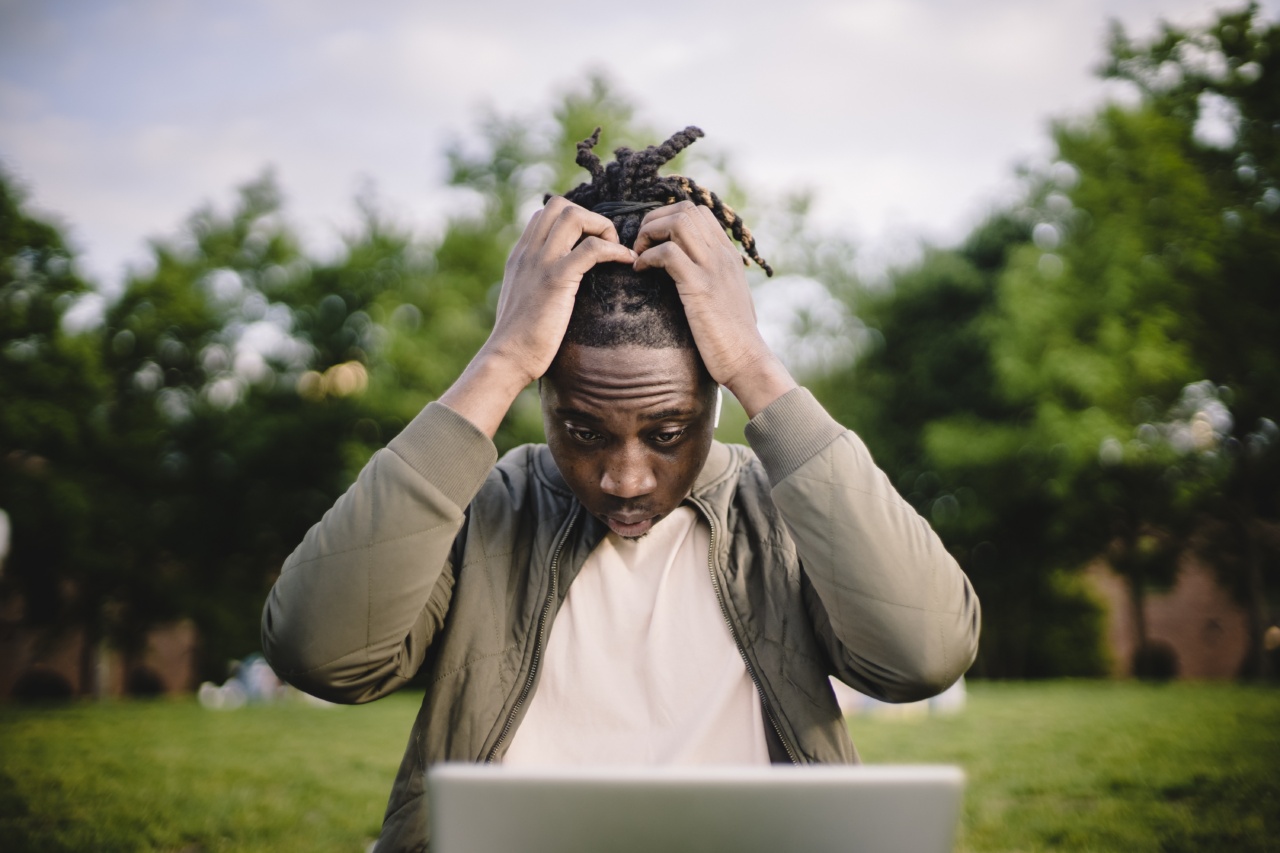In today’s fast-paced world, it’s no surprise that many people experience high levels of pressure and stress.
Whether it’s due to work, personal relationships, or other factors, this pressure can have a significant impact on our overall well-being. The good news is that there are ways to naturally lower your pressure and find a sense of calm and balance in your life.
In this article, we will explore ten effective strategies that can help you reduce pressure and live a healthier, more fulfilling life.
1. Practice Deep Breathing
One of the simplest yet most effective ways to lower your pressure is through deep breathing exercises. By taking slow, deep breaths, you activate your body’s relaxation response and calm your nervous system.
Find a quiet space, sit or lie down comfortably, and take a deep breath in through your nose. Hold for a few seconds, then exhale slowly through your mouth. Repeat this several times, focusing on the sensation of your breath entering and leaving your body.
2. Engage in Regular Exercise
Exercise is not only beneficial for your physical health but also for your mental well-being. Regular physical activity releases endorphins, which are natural mood boosters.
It also helps lower stress hormones in the body, reducing pressure and promoting relaxation. Find an exercise routine that you enjoy, whether it’s walking, jogging, dancing, or playing a sport, and make it a regular part of your life.
3. Get Sufficient Sleep
The importance of proper sleep cannot be overstated when it comes to managing pressure. Lack of sleep can lead to increased stress levels and make you more susceptible to pressure.
Aim for seven to eight hours of sleep each night, and establish a relaxing bedtime routine to help you unwind before sleep. Avoid electronic devices, caffeine, and stimulating activities close to bedtime, as they can interfere with your sleep quality.
4. Practice Mindfulness Meditation
Mindfulness meditation is a powerful technique for reducing pressure and gaining control over your thoughts and emotions. It involves paying attention to the present moment without judgment. Find a quiet space, sit comfortably, and focus on your breath.
When your mind wanders, gently bring your attention back to your breath. With regular practice, mindfulness meditation can help you become more resilient to stress and better equipped to handle pressure.
5. Prioritize Self-Care
Self-care is essential for maintaining a healthy pressure level. Take time each day to engage in activities that bring you joy and relaxation. This could be anything from reading a book, taking a hot bath, practicing a hobby, or spending time in nature.
By dedicating time to self-care, you replenish your energy and create a buffer against the pressures of daily life.
6. Connect with Others
Building strong social connections is vital for reducing pressure. Cultivate and nurture your relationships with family, friends, and loved ones. Surround yourself with positive and supportive individuals who lift you up.
Engage in meaningful conversations, share your thoughts and feelings, and ask for help when needed. The sense of belonging and support that comes from strong social connections can help alleviate pressure and provide a sense of security.
7. Practice Time Management
Feeling overwhelmed and pressured often stems from poor time management. Learning to effectively manage your time can significantly reduce pressure and increase productivity.
Prioritize your tasks and create a schedule that allows for breaks and relaxation. Break larger tasks into smaller, more manageable ones, and tackle them one at a time. Avoid multitasking, as it can lead to increased stress levels and reduced focus.
8. Incorporate Relaxation Techniques
There are various relaxation techniques that can help lower pressure levels. Experiment with different methods such as progressive muscle relaxation, yoga, tai chi, or aromatherapy.
These techniques activate the body’s relaxation response, inducing a calm state of mind and reducing stress. Find what works best for you and incorporate it into your daily routine.
9. Limit Exposure to Stressors
Identify and minimize exposure to stressors in your life. While it may not be possible to avoid all stressful situations, you can take steps to limit their impact.
Assess your commitments and responsibilities and determine which ones contribute the most to your pressure levels. Delegate tasks when possible, set boundaries, and learn to say no when necessary. Creating a healthier balance between your personal and professional life can significantly reduce pressure.
10. Seek Professional Help
If your pressure levels persist and begin to significantly impact your daily life, it may be beneficial to seek professional help. Therapists, counselors, or psychologists can provide guidance and support in developing effective coping strategies.
They can also help identify any underlying issues contributing to your pressure and provide tailored interventions to address them.































